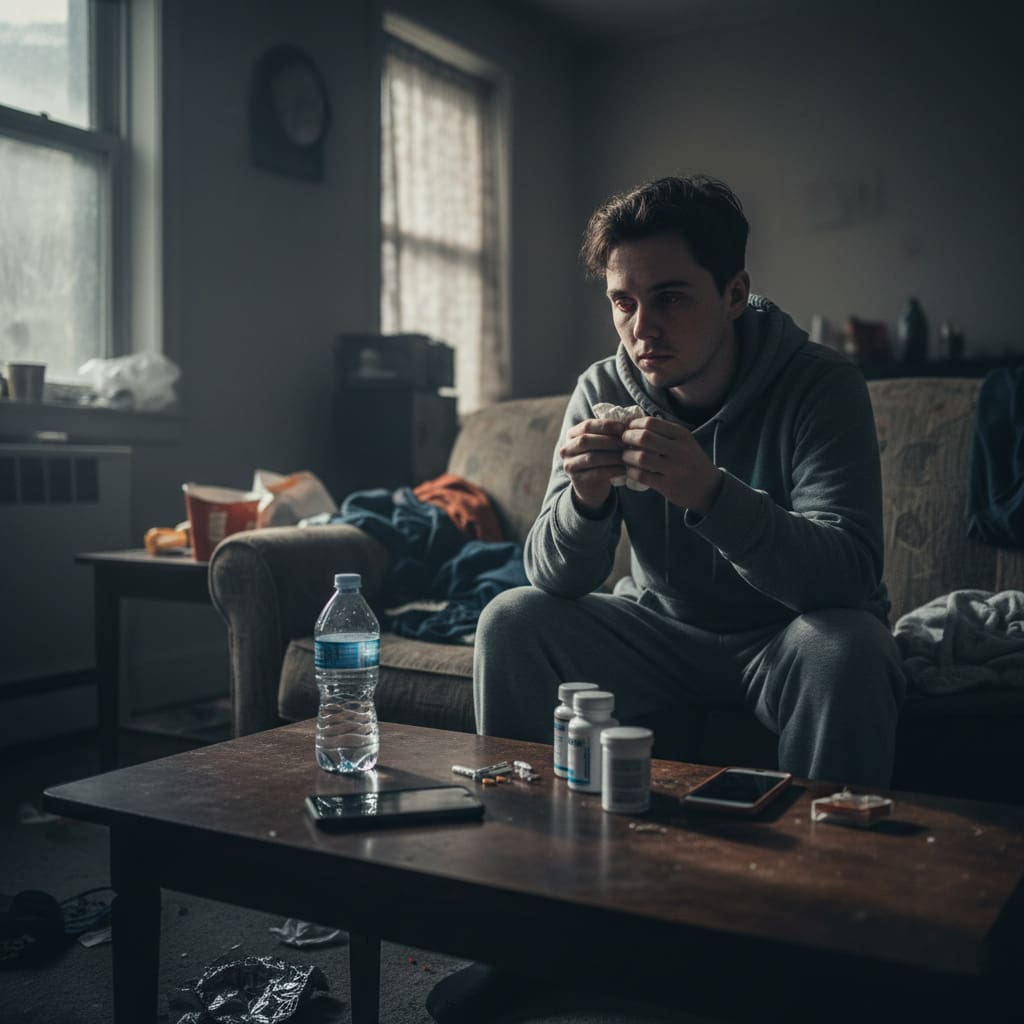Editor’s Note: 2025 Update
This article was originally published in 2020. It has been updated in 2025 with verified statistics from CDC, clarified symptoms, and added FAQ content to reflect the current situation with opioid overdoses.
What Are the Signs of an Opioid Overdose?
Opioid overdose remains a serious public health issue. In 2023, there were approximately 81,083 opioid‑involved overdose deaths in the United States. That number reflects a small decline from 2022, when there were about 84,181 deaths. Opioids remain involved in many drug overdose deaths, especially synthetic opioids such as fentanyl. Recognizing the warning signs of overdose can help you act in time to save a life.
What Happens During an Overdose
Opioids slow down the brain’s signals that control breathing. During an overdose, breathing can become dangerously slow or stop altogether. Without enough oxygen the brain and organs begin to shut down. Overdose signs may not be dramatic at first, so knowing what to watch for is critical.

Signs of an Opioid Overdose
Here are key symptoms to look for. Any combination of these may indicate an overdose:
- Very slow or shallow breathing or breathing that has stopped
- Unresponsiveness or unconsciousness
- Pinpoint pupils (very small, contracted pupils)
- Blue or gray lips fingernails or skin
- Limp body or inability to wake the person
- Choking or gurgling or snoring sounds
- Cold clammy or pale skin
- Slowed or irregular heart rate
These signs come from the Centers for Disease Control and Prevention guidelines.
Fentanyl and Rapid Overdoses
Synthetic opioids including fentanyl are involved in a large portion of overdose deaths. In 2023, synthetic opioids (other than methadone) remain a leading contributor. Rates of overdose deaths involving synthetic opioids decreased slightly between 2022 and 2023. Because fentanyl is very potent, overdoses involving it can progress more quickly and may require more than one dose of naloxone.
What To Do If You Suspect an Overdose
If you suspect someone is overdosing do this immediately:
- Call 911
- Administer naloxone if it is available
- Try to wake the person by verbal or gentle physical stimulation
- Place the person on their side to prevent choking if they are breathing
- Stay with them until emergency services arrive
Many states have Good Samaritan laws that protect people who call for help during an overdose event.
Recovery Is Possible
An overdose does not end someone’s chance at recovery. With timely medical care, faith‑based or clinical treatment, and ongoing support, healing can happen. At Good Landing Recovery we offer programs that address the physical emotional and spiritual dimensions of addiction. If you or someone you care about is struggling do not wait to reach out for help.

Frequently Asked Questions
How fast can an overdose happen
Overdose can happen very quickly especially with fentanyl or other potent synthetic opioids. Seconds or minutes matter when critical signs begin.
What is naloxone and how can I get it
Naloxone (Narcan) reverses the effects of opioid overdose if used early. It is available in many states without a prescription and through various public health resources.
Are the symptoms the same for all opioids
Many symptoms overlap such as respiratory depression unconsciousness and pinpoint pupils. But fentanyl overdoses often progress more rapidly and may require repeated doses of naloxone.
Can someone survive an overdose without naloxone
It is possible but much less likely. Medical help is essential even if naloxone is not available.
Is overdose always a sign that treatment failed
No. Overdose may signal a relapse or lapse but it can also become a turning point toward deeper commitment to recovery.